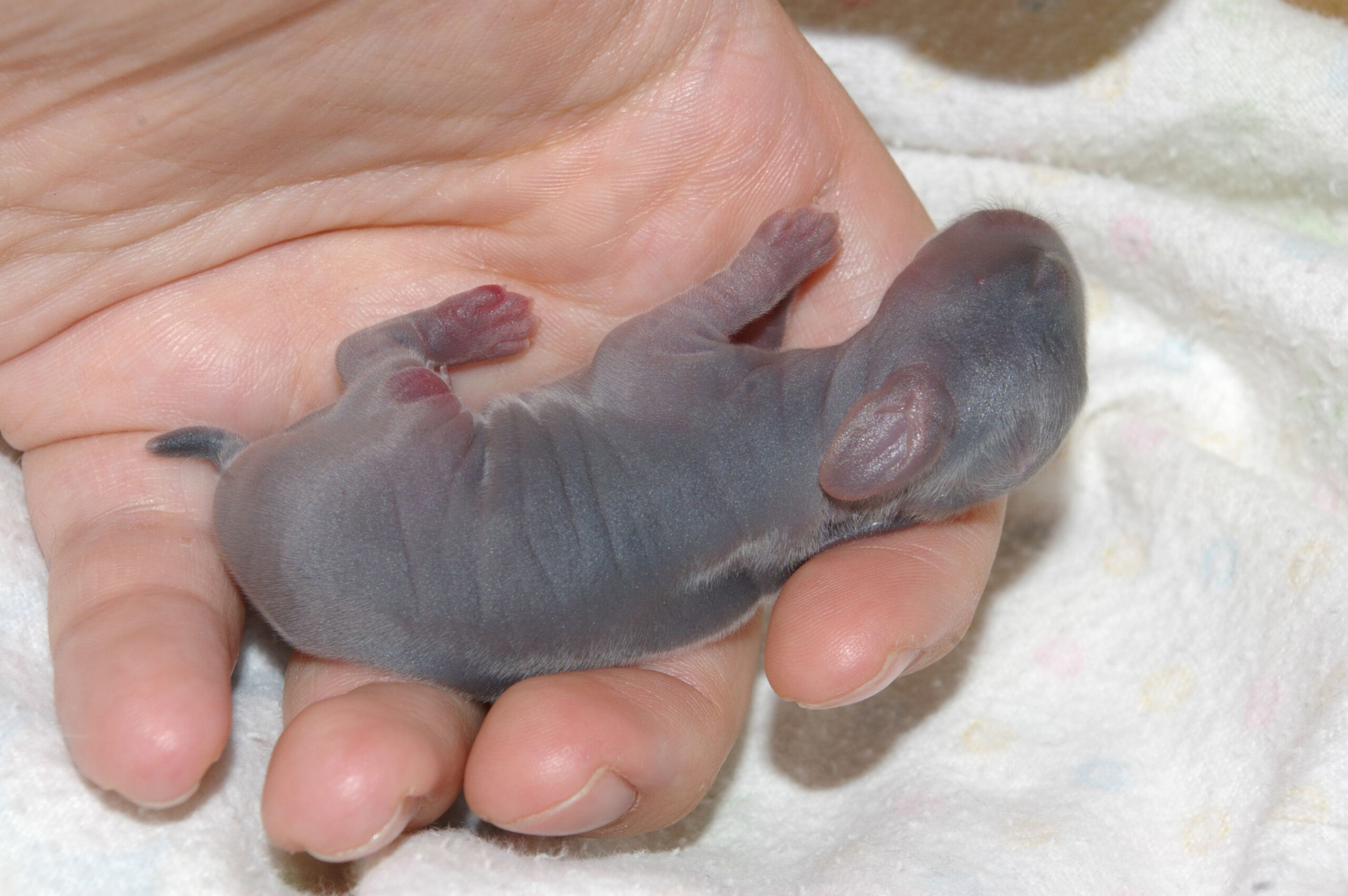What Does a Newborn Rabbit Look Like?
A newborn rabbit, also known as a kit, is a tiny creature that possesses unique characteristics distinguishing it from adult rabbits. It undergoes various physical changes during the early stages of its life. Understanding the appearance of a newborn rabbit is essential for both rabbit enthusiasts and those caring for newborns. This article will provide an insightful overview of what a newborn rabbit typically looks like.

Physical Appearance
Fur
When newborn, rabbits have a thin layer of short, soft fur covering their bodies. This fur is often lighter in color compared to adult rabbits and lacks the density and length that develop as they grow older. The fur helps provide some protection and warmth to the newborn kits.
Eyes
A newborn rabbit’s eyes are typically closed at birth. Unlike some other animals, rabbits are born blind, and their eyes remain closed for the first 10-12 days of their lives. It is crucial not to try and force the eyes open during this period, as they will naturally open when the kits reach the appropriate age.
Ears
The ears of a newborn rabbit are relatively large in proportion to their body size. They are usually folded and close to the head, as they have not fully developed the ability to stand upright. As the kits grow, their ears will become more erect, allowing them to better hear and sense their environment.
Size
Compared to adult rabbits, newborn kits are incredibly small. Depending on the breed, they typically range from 3-4 inches in length and weigh less than an ounce. Their small size is a reflection of their fragile and vulnerable state, requiring careful handling and care.
Behaviors
In addition to their physical appearance, newborn rabbits display unique behaviors that differ from adult rabbits. Understanding these behaviors is vital for identifying and providing appropriate care to the kits:
- Newborn rabbits are relatively immobile and spend most of their time sleeping or nestled closely to their mother.
- They have limited mobility and are not yet able to hop or move quickly like adult rabbits.
- The kits rely heavily on their mother’s milk for nourishment, as they are not yet able to eat solid food.
- Newborns have a strong instinct to seek warmth, often huddling close to their siblings or mother for comfort.
- hey have a relatively short attention span and are easily startled by sudden movements or loud noises.
FAQs about Newborn Rabbits
1. How long do newborn rabbits stay with their mother?
Newborn rabbits typically stay with their mother until they are around 4-6 weeks old. During this time, the mother provides them with nourishment, and protection, and teaches them essential survival skills. It is essential not to separate the kits from their mother prematurely, as they rely on her care and guidance during their early development.
2. When do newborn rabbits open their eyes?
Newborn rabbits usually open their eyes between 10-12 days after birth. It is essential to be patient and not attempt to force their eyes open, as they will naturally open when the kits are ready. Opening their eyes signifies an important milestone in their development, as they become more aware of their surroundings.
3. Can newborn rabbits drink water?
No, newborn rabbits should not be given water. They receive all necessary hydration from their mother’s milk. It is crucial not to introduce solid food or water to them until they are weaned, which typically occurs around 4-6 weeks of age. Attempting to give them water prematurely may result in health complications.
4. How often do newborn rabbits need to be fed?
Newborn rabbits rely solely on their mother’s milk for sustenance. The mother will nurse them multiple times throughout the day, ensuring they receive proper nourishment. As caregivers, it is essential to allow the mother to fulfill this role naturally. If the mother is absent or unable to nurse the kits, consulting a veterinarian is crucial to ensure their well-being.
Related Articles…
Copyright Notice:
Images displayed on this website are not our property, but are procured from the internet. If you hold copyrights to any image and wish for its removal, please get in touch with us.